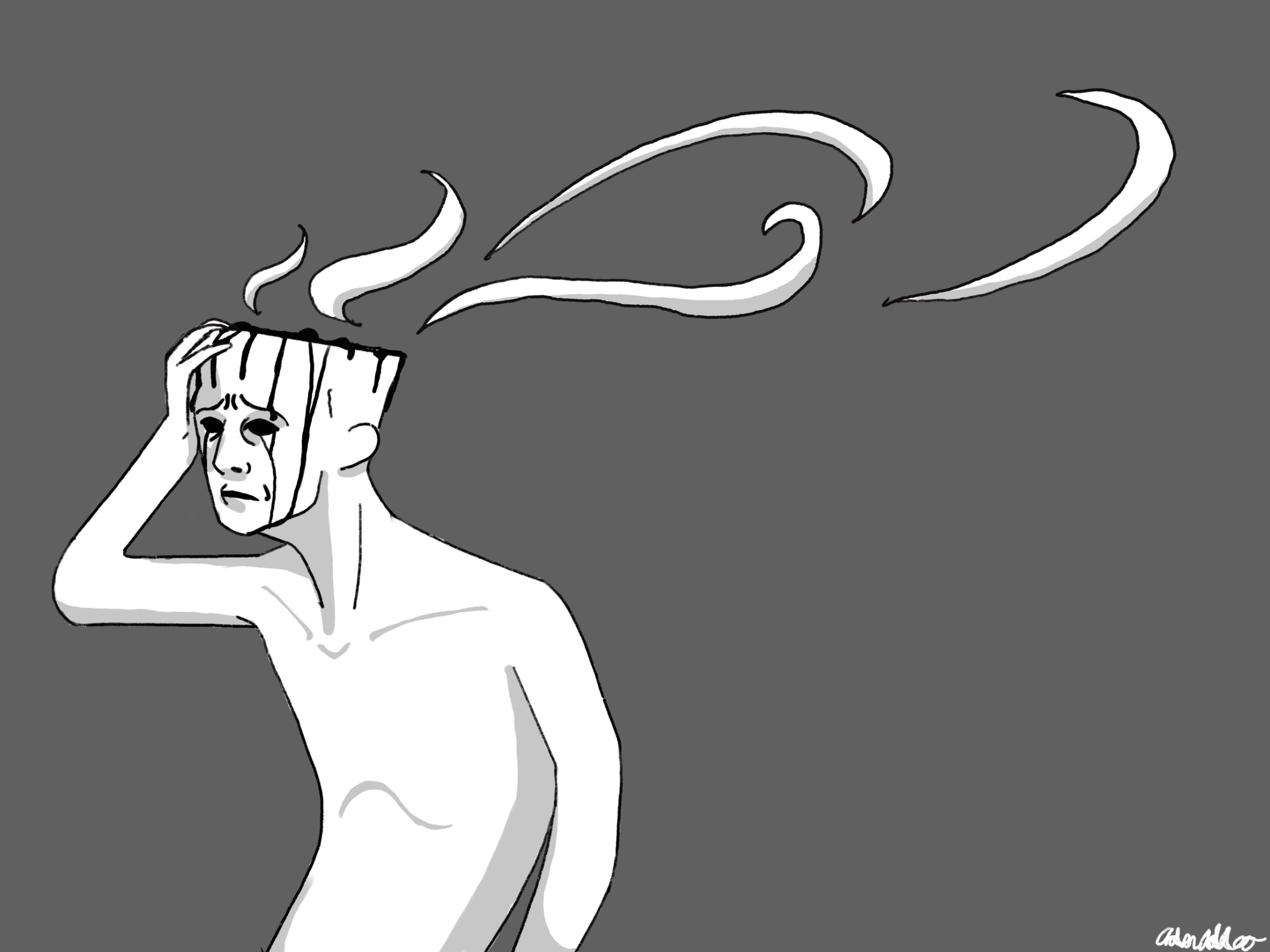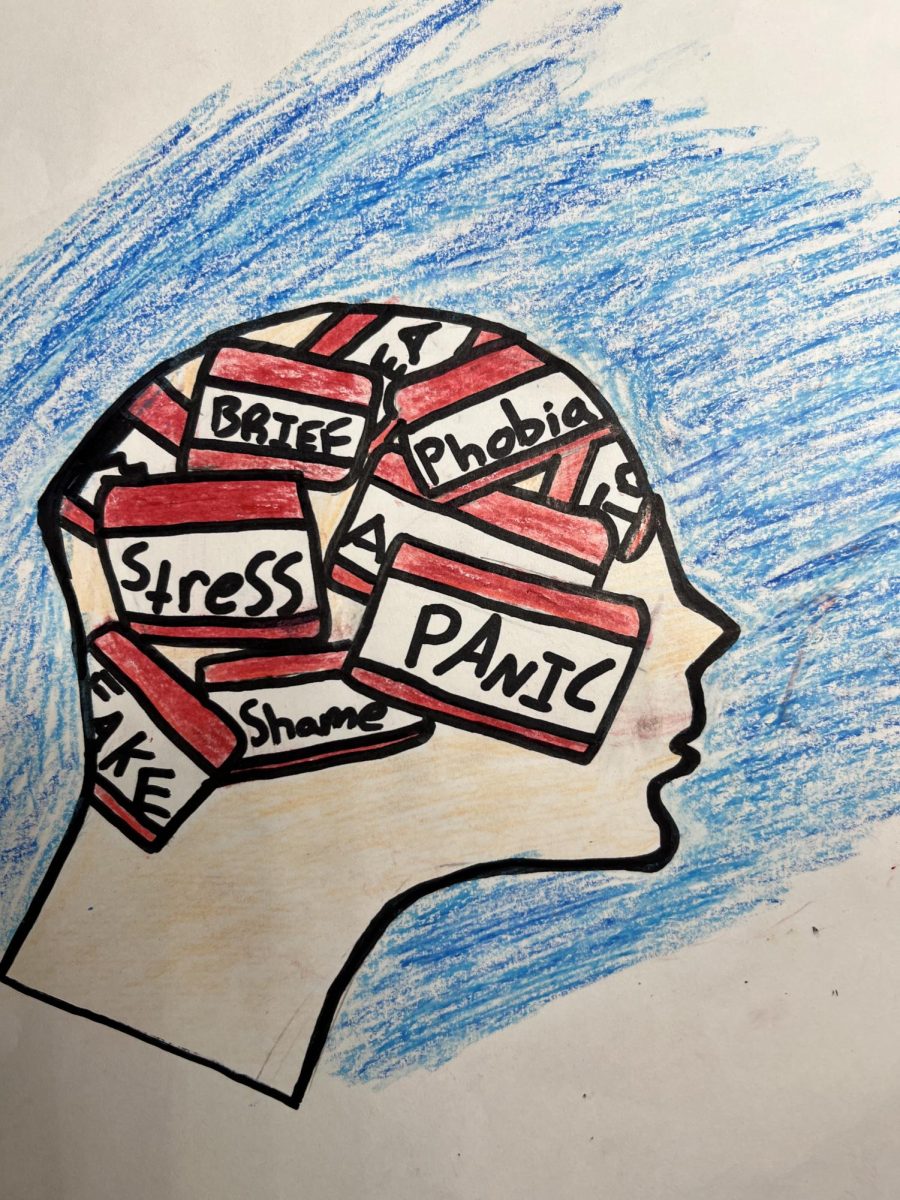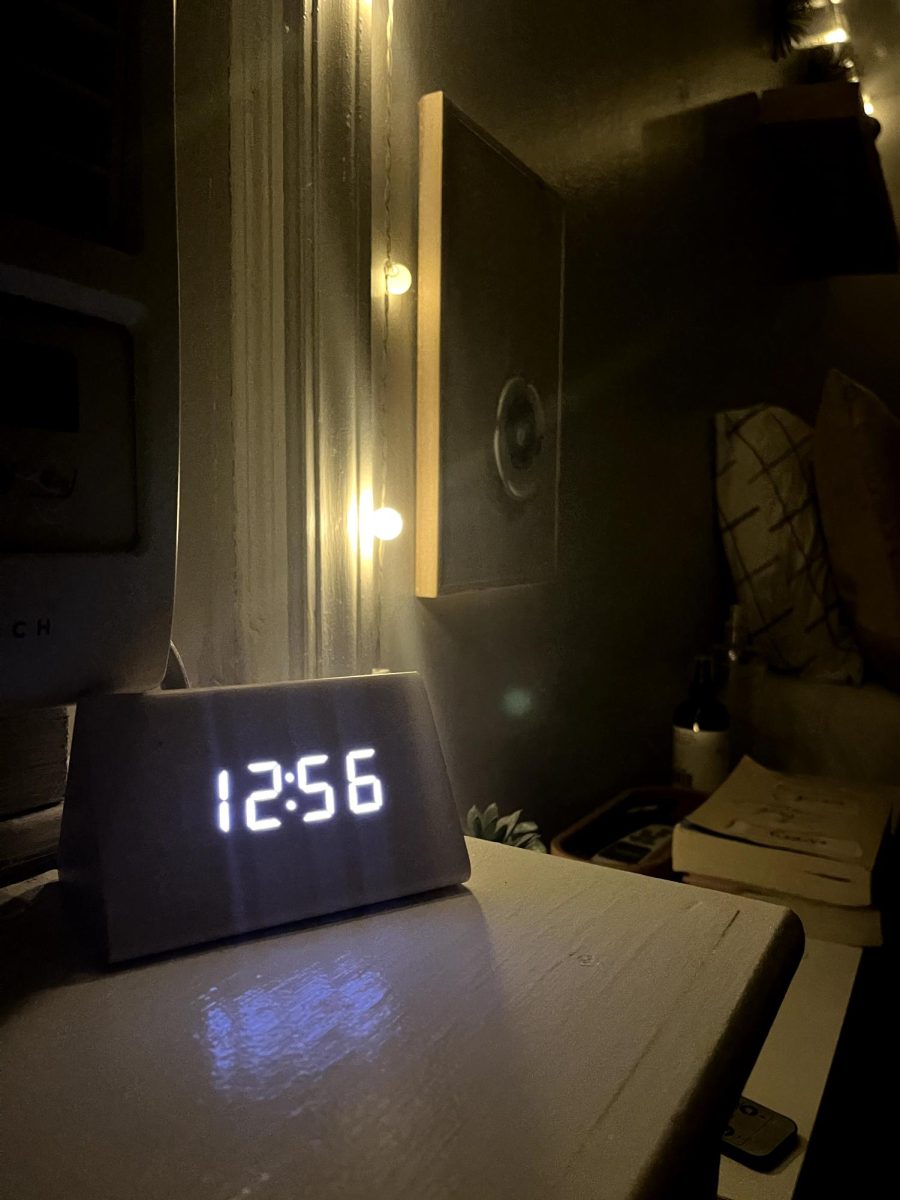Sleep is a necessity for any person, whether it is a teenager, an adult or an infant. According to the CDC (Center for Disease Control and Prevention) infants need more than 14 hours of sleep, teenagers need about 8-10 hours, and adults need 7-8 hours. This is the recommended amount of sleep that helps your body maintain a strong immune system and helps to prevent health problems such as obesity, diabetes, injuries, and poor mental health.
“If you are not getting the proper amount of sleep, you are not as sharp as you would normally be, you’re not your “normal” self. You [also] can’t pay attention as long as you normally would if you got the correct amount of sleep,” said Ms. Cava, BHS’ District Student Assistance Counselor.
Melatonin is a sleep hormone, and the release of melatonin affects when our body gets tired. Different age groups release melatonin at different times. For the average teen, melatonin is not released until 11:00 PM. This is a contradiction to the usual early morning in which they are forced to have due to school start times.
“Our circadian rhythm is our brain’s way of telling us when it is time to sleep and when it is time to be awake and alert,” said psychologist Dr. Marissa Geary, “Some ways teens can disrupt their circadian rhythm include staying up and activating their brain late at night.”
Due to extensive and tiresome schedules, teenagers are forced into staying up late and waking up early. This affects a teenagers natural circadian rhythm.
“Going to sleep and waking up at inconsistent times throughout the week, taking long naps during the day, eating late at night or not eating enough, and experiencing high levels of stress throughout the day” are also factors that affect circadian rhythms,” said Dr. Geary.
In a study conducted amongst a variety of students with different schedules, most get to sleep around 10:30-11:30. Additionally, most students wake up around 6:00, leaving only 7 hours or less of sleep per night. While this is not drastically lower than the recommended sleep schedule, lack of sleep eventually adds up and causes major side effects to growing teens and their mental health.
Another factor of inconsistent sleep schedules is our dependence on technology. Our cell phones are generally the first thing we look at when we wake up and the last things we look at before we go to bed. The blue light radiating from our devices slows the flow of melatonin in our bodies, so by using technology before going to sleep (whether that be for homework or pleasure), people are disrupting their circadian rhythm.
“When we don’t get enough sleep, we are more susceptible to experiencing negative effects of stress,” said Dr. Geary, “When our sleep quality is poor or disrupted, our bodies do not fully recover or heal from the stress we experienced during the day, so our nervous system is not in a regulated state. Therefore, we experience heightened anxiety or depressive symptoms such as negative thoughts, fatigue, feeling down or hopeless.”
Sleep is a big indicator of our daily mood and mental health. Based on information gathered from a variety of students, the majority report the lack of sleep they obtain is problematic to their mental health.
“Having less sleep makes me more worried about completing assignments and staying focused,” said Ava Highland ‘24.
Other students also claim that they feel their academic and physical performance drop due to lack of sleep. Regardless of the level of difficulty in classes or the amount of extracurricular activities, none of the students surveyed went to sleep before 10:30 on a regular basis. Most teenagers only get between 5-7 hours of sleep per night, which can drastically impact performance levels, especially towards the end of the week, when those lost hours start to build up.
In order to prevent sleep deprivation, Dr. Geary recommends maintaining a consistent sleep schedule; practice relaxation techniques (like breathing exercises) throughout the day; only settle in your bed when you are tired and only use your bed for sleeping, not homework or interact with technology while on your bed; try to reduce distractions or arousing activities 1-2 hours before going to sleep. While it may be difficult to fall into a routine such as this, individuals should try to follow this as best they can in order to improve their sleep quality and mental health.























